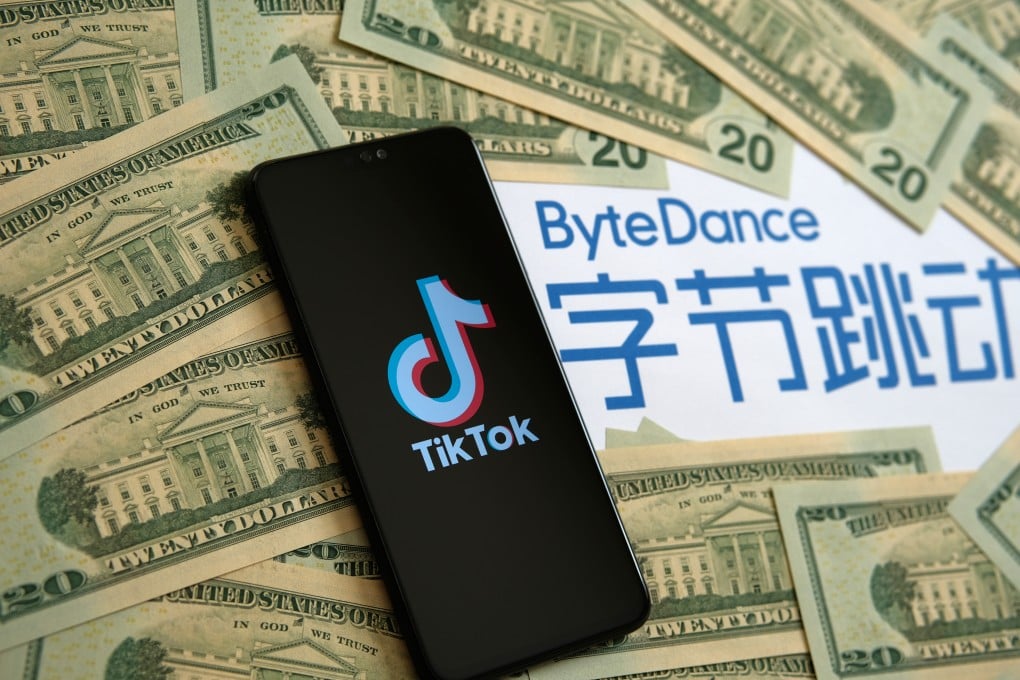TikTok owner ByteDance sees valuation drop a quarter to US$300 billion after latest share buy-back
- ByteDance, China’s most valuable unicorn, is budgeting up to US$3 billion to repurchase shares from existing investors at US$177 apiece
- The company’s valuation has dropped from a peak of US$400 billion last year when it was reportedly looking to list in New York or Hong Kong

The valuation of TikTok owner ByteDance has dropped by a quarter over the past year to US$300 billion, based on the company’s latest share buy-back, as its initial public offering remains up in air, according to two separate sources briefed on the plan.
One source told the South China Morning Post that an extraordinary shareholders meeting is scheduled for later this month to vote on the share repurchase and other proposals, including a plan to boost the company’s authorised share capital.
For the share buy-back, China’s most valuable unicorn is budgeting up to US$3 billion to repurchase shares from existing investors at US$177 apiece, which values it at around US$300 billion, according to the sources.
It will be the first time ByteDance has offered a share repurchase to its investors. The company raised at least US$9.4 billion from renowned funds like Coatue Management and General Atlantic, but an IPO – considered a fruitful exit – may not happen soon.
Meanwhile, the company regularly does share buy-backs from its employees. The last round, in April this year, set the buy-back price at US$142. Recently, it cut the price of stock options granted to employees to US$155, a 20 per cent drop from 2021.